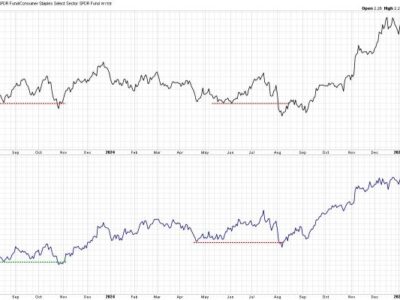
In a perfect world, it would be out of bounds to use incidents of horrific violence against innocent people to revive an otherwise unrelated political agenda. Nonetheless, it seems that Senator Elizabeth Warren (D‑MA) and her colleagues are going to use the recent violence in Israel to gather support for the Digital Asset Anti‐Money Laundering Act, a bill Warren’s been hawking for months.
In December 2022, Warren claimed that “crypto has become the preferred tool for terrorists, for ransomware gangs, for drug dealers, and for rogue states that want to launder money.” Such a broad and sweeping claim simply does not withstand scrutiny.
Yet rather than deal with the actual problem of terrorism, Warren’s bill would impose stricter anti‐money laundering rules on Americans who use digital assets (crypto). It would heighten the financial surveillance of individuals and impose possibly unworkable requirements on users of self‐hosted wallets as well as the operators of technological infrastructure that don’t even interface with transacting parties.
It would do nothing to address specific acts of crime or violence, or even the fraud that occurred with FTX. Simply put, it’s bad policy.
As I and my fellow Cato scholars have argued repeatedly, crypto is used for crime, just as the US dollar and a host of other financial (and nonfinancial) instruments. And all crime should be taken seriously. But it makes no sense to respond to acts of crime or violence by making it virtually impossible for law‐abiding citizens to use any of these instruments, which is a likely outcome from Warren’s approach. To take just one example, a bill that throws sand in the gears of lawful American crypto activity would undermine those Americans volunteering to send crypto aid to Israel.
Her attempt is just the latest in the long‐running effort to sacrifice Americans’ rights in the name of security. And if the metric is stopping criminals and terrorists, it’s very difficult to say that this effort has worked.
After decades of experience, spending billions of dollars, and requiring people to file millions of reports each year, the federal government still can’t make the case that the current regulatory regime has made any appreciable dent in criminal activity. Rather than force private businesses to serve as law enforcement and impose costly (and inefficient) regulations on Americans—all while running roughshod over their rights—it would be far better to directly focus resources on catching criminals and terrorists.
But for whatever reason, Warren and her colleagues remain fixated on making it difficult for Americans to use financial services because criminals or terrorists might use them as well. Terrorism and criminal activity are problems that law enforcement should tackle directly, irrespective of what method of payment is involved.
Exaggerating the connection between crypto and crime does not efficiently allocate law enforcement resources, but it does tarnish the great majority of crypto activity that is legitimate. Inflating risks and ignoring benefits will not lead to sound policy. Developing sound financial policy requires a clear‐eyed assessment of crypto’s risks and benefits, and shamelessly exploiting an otherwise unrelated human tragedy does not fit that bill.








